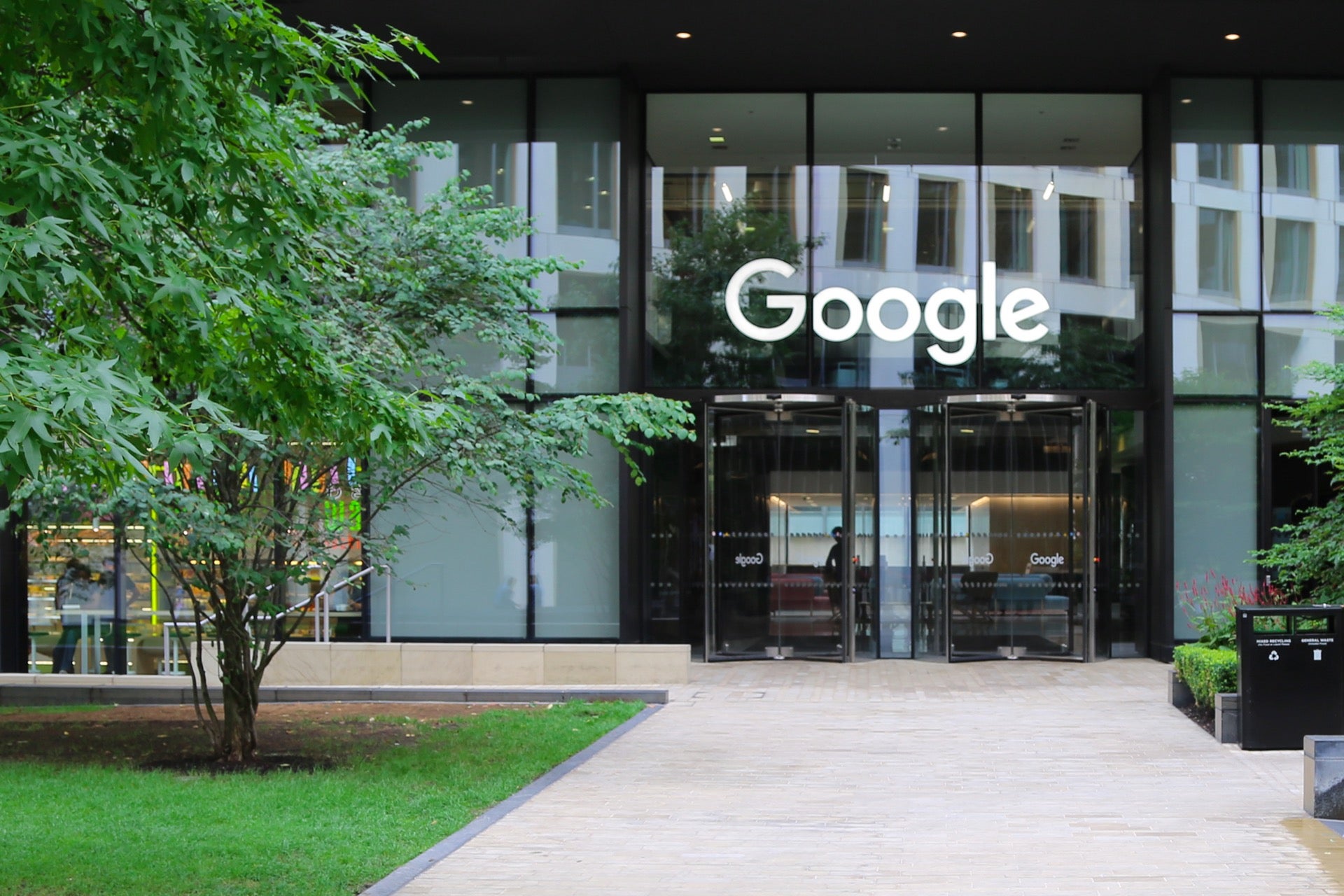
Europe’s startup community has thrived despite the pandemic, forcing Google to recognise that there really is no need for its London innovation hub.
The Alphabet-run Google for Startups campus opened in London in 2012 to support tech entrepreneurs developing cutting-edge companies. The backing included hosting programmes for startups, providing places for meetings, mentoring, hackathons and so on.

Access deeper industry intelligence
Experience unmatched clarity with a single platform that combines unique data, AI, and human expertise.
However, in the midst of the pandemic, the hub closed its doors to avoid spreading the Covid-19 contagion among its community. Now, the search engine has announced that the London Google for Startups campus won’t open its doors ever again.
“This shift demonstrated that, similar to the support we provide in other advanced startup ecosystems like the US and Germany, we can provide support for startups right across the country without a physical space,” Google explained in a blog on Monday.
Google claimed to have supported more than 50 startups from across the UK through its programmes and to have delivered training to more than 1,300 entrepreneurs during the health crisis.
That doesn’t mean the Mountain View-headquartered company won’t support UK startups. Google pledged to continue to educate entrepreneurs via its Startup School, support under-represented founders, run local accelerator programmes throughout the country and to continue to connect “startups from less developed ecosystems to the resources, talent, and venture capital in the UK”.

US Tariffs are shifting - will you react or anticipate?
Don’t let policy changes catch you off guard. Stay proactive with real-time data and expert analysis.
By GlobalDataThe news is the latest of Alphabet’s concessions to the new realities of work, having been forced to make a U-turn on its stance on flexible work in May. It had previously stated that employees could only enjoy up to 14 days of remote working per year, provided they had special permission. But last month Google introduced a hybrid working model for some of its workers.
“The future of work at Google is flexibility,” CEO Sundar Pichai said at the time. “The majority of our employees still want to be on campus some of the time yet many would also enjoy the flexibility of working from home a couple days a week, spending time in another city for part of the year or even moving there permanently. Google’s future workplace will have room for all of these possibilities.”
The rise and rise of Europe’s startups
The permanent closure of the London Google for Startups campus comes after a year of tremendous growth for the European tech ecosystem. The sector is now worth over $800bn, with $380bn of that value having been added during the coronavirus crisis, according to new research from GP Bullhound, the tech advisory and investment firm.
The Titans of Tech report noted that there were 166 companies valued over $1bn in Europe, with 52 of them having achieved unicorn status over the past year.
Interestingly, the research noted that a this was the first year on record that the UK was only the second biggest valuation-creating country, with Sweden having overtaken Blighty. Sweden’s tech industry enjoyed a massive valuation lift thanks to the growth of companies like buy-now-pay-later behemoth Klarna, music streaming giant Spotify and gambling developer Evolution Gaming.
The news comes after Sweden’s technology industry suffered 8.33% drop in overall deal activity in April 2021 compared to the last 12-month average, according to GlobalData’s deals database.
It’s worth noting that GlobalData’s figures don’t include later rounds. For instance, Klarna secured its quadradecacorn bragging rights in early June on the back of a $639m SoftBank-led investment round that pushed the fintech’s valuation past the $45.6bn mark.
Back to GP Bullhound’s research: despite having slumped in terms of value, the UK is still the home to the most unicorns in Europe. The researchers estimated that there were 37 tech unicorns in the country.
That number may shock readers who last week read how Tech Nation claimed there are now 100 UK unicorns. To be fair, though, the government-funded organisation has been known to inflate such figures. Back in 2011, it said that 600 tech companies had opened up shop around the famous Silicon Roundabout in Shoreditch in just one year. However, eagle-eyed commentators noticed that those supposedly high-tech companies included PR agencies and dance studios, raising questions about what definitions Tech Nation really used.
GP Bullhound noted that European (for the purposes of its report) nation Israel had 32 unicorns, followed by Germany’s 23 and Sweden’s 13.
“It’s become increasingly obvious that the European tech ecosystem is a force to be reckoned with, and the pandemic has only further solidified its status as a maturing sector competing on the global stage,” said Manish Madhvani, co-founder and managing partner at GP Bullhound.







